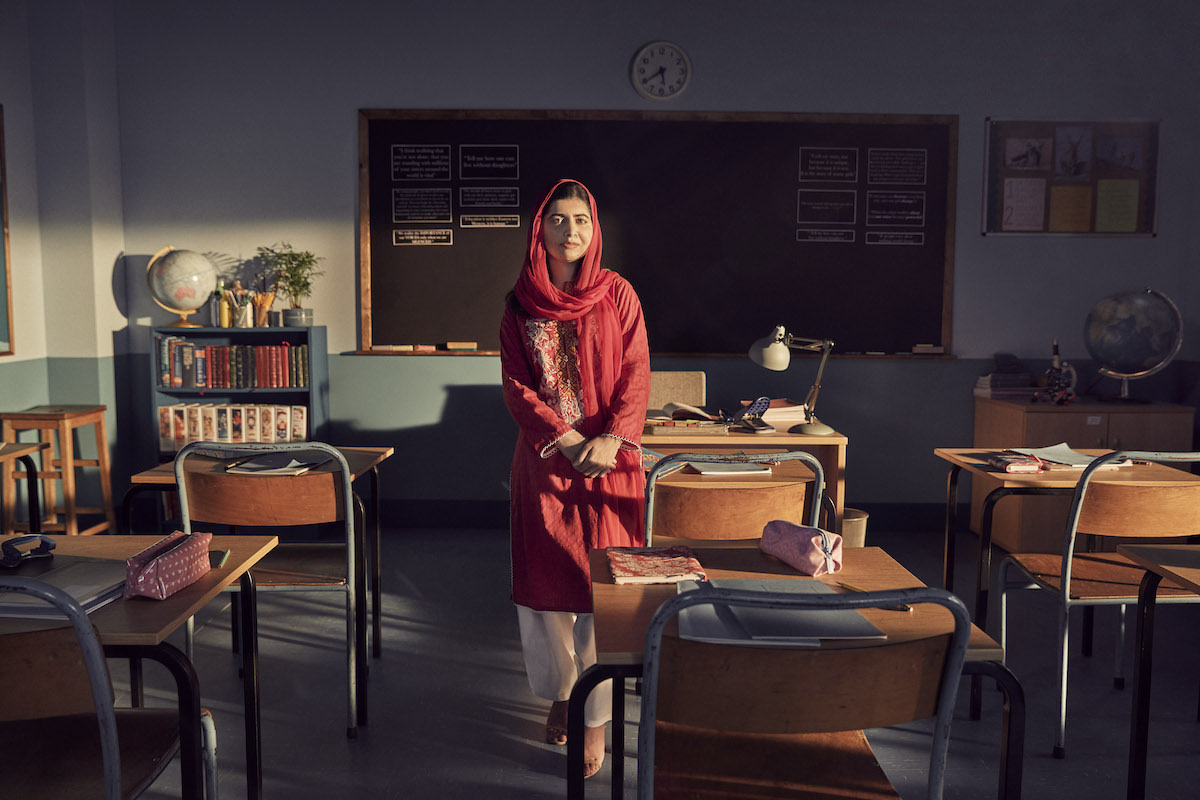Malala Yousafzai Quotes: Activism Tips From the Activist
Written by MasterClass
Last updated: Feb 22, 2023 • 3 min read
Malala Yousafzai, the youngest Nobel Prize laureate and an advocate for education as a fundamental right, shares quotes from her class on activism, leadership, and inspiring women.
Learn From the Best
Who Is Malala Yousafzai?
Born in Pakistan, Malala Yousafzai is a Nobel Peace Prize winner whose activism focuses on girl’s education. In Swat Valley, her native homeland, members of the Pakistani Taliban have at times restricted women’s education. Malala has been an outspoken critic and an overall advocate for human rights. As a young girl in 2012, she was shot, along with two others, by a Taliban extremist who retaliated against her work to empower women and cited the Quran for his assassination attempt. News of her attack spread worldwide, garnering sympathy and outrage many.
She met with President Barack Obama and Michelle Obama to discuss the experience in 2013. That same year, after recovering, she founded the Malala Fund, a nonprofit that ensures free and safe education for women. Malala spoke before the United Nations and studied at the University of Oxford, graduating in 2020. She has penned many books, including the New York Times bestseller I Am Malala: The Girl Who Stood Up for Education and Was Shot by the Taliban (2013) Malala’s Magic Pencil (2017), and We Are Displaced: My Journey and Stories from Refugee Girls Around the World (2019).
Malala Yousafzai Quotes
The girls’ education activist and Nobel laureate shares motivational, inspiring quotes that celebrate the spirit of human beings everywhere. Read Malala’s quotes on women’s rights and more below:
- On building confidence: A little discomfort can signal you’re stepping outside your comfort zone to try something new or tackle an important issue. “Confidence does not require perfection; all it needs is you believing in yourself and accepting yourself as you are,” Malala says.
- On core values: Setting personal values can be like fine-tuning your compass in life. “For me, values are the principles you set for yourself as a code of conduct in your life,” Malala says. “How do you make decisions? What are the principles you have in that decision-making?”
- On endurance: Activism is an ongoing pursuit of the distribution of legal and social equities. “Starting your activism and bringing your voice into the conversation is already contributing to the change—because that is when society all of a sudden starts questioning itself,” Malala says. “When we look at the activism and advocacy of historical figures, it wasn’t that they changed the world in one day . . . they’re giving us a message that we need to carry this struggle ahead, that it is not completed yet. They have done their bit. Now, it’s our turn to do our bit to ensure that we create a world where everybody is treated fairly and equally.”
- On finding your advocacy skills: Activism needs leaders and teamwork. “Take a moment and think about what skills you have,” Malala says. “What talents do you have that you can use as part of your advocacy work, as part of your activism? For me, as part of my advocacy, passion is the start.”
- On hope as a driver for change: Optimism can set into motion the future you wish to see. “For me, a moment of hopelessness is when nobody’s speaking, when nobody’s taking action, and everybody feels like, ‘I wish somebody else could start it, and I’m there with them,’” Malala says. “So optimism and hope are really key drivers of advocacy work because when you personally are motivated, you keep the world going.”
- On local activism: Advocacy begins with community building, trust, and collaboration. Start in your local community. “We see in one small community how an issue is impacting an individual,” Malala says. “It’s important to talk to your community members. It could be students, people in your workplace, people in your neighborhood. You can gather around and talk about the issues that you care about that you feel need to be addressed in that community. That’s the start.”
- On teamwork: Activists may sometimes feel a great deal of pressure to advocate on behalf of their community. “Recognize your role in the advocacy work that you are doing, but also really acknowledge the power of unity and togetherness as part of your advocacy,” Malala says. “When you have all these voices joining you, you create a movement. And that is something that can bring change.”
Want to Make an Impact on Your Community?
You don’t need a big platform to make a difference. Gain access to the MasterClass Annual Membership for exclusive lessons from Malala Yousafzai and learn how your small actions can help build a movement.
